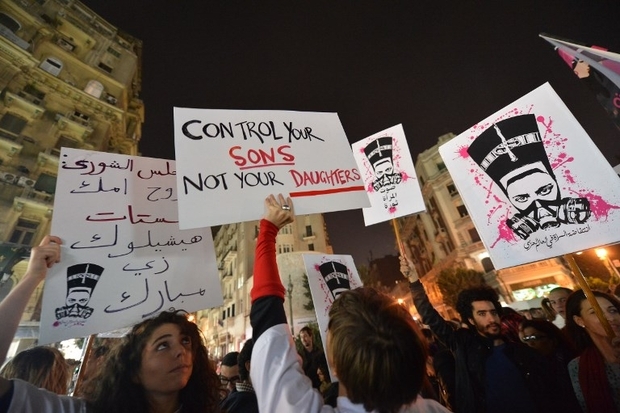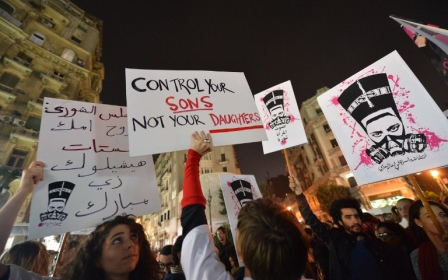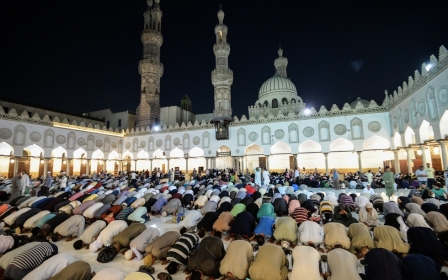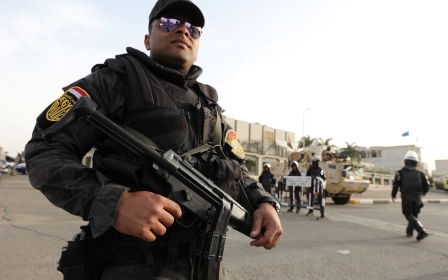UN experts say Egypt systematically targets rights activists

Seventeen United Nations human rights experts have criticised Egypt for its use of anti-terrorism laws to detain activists fighting for women's rights and against fraud, torture and extrajudicial killings.
The experts' joint statement, unusual for attracting such a large number of signatories, named activists who had been detained for months, highlighting the case of women's rights campaigner Amal Fathy.
Fathy's verdict is due to be announced on Saturday, on charges of "incitement to overthrow the regime, terrorism, and publishing fake news in relation to her efforts to promote women's rights", the UN statement said on Friday.
"We are gravely concerned at the human rights defenders' prolonged periods of detention, reportedly arising from their peaceful and legitimate defence of human rights," they said.
The 17 independent experts all investigate rights for the UN Human Rights Council, which wrapped up a three-week session on Friday without any scrutiny of Egypt.
"The systematic targeting of human rights defenders is yet another indication that the Egyptian government is operating a zero-tolerance approach to dissent, which is often suppressed under the pretext of countering terrorism," they said.
Egyptian officials did not immediately respond to a request for comment on their statement, the Reuters news agency reported.
Earlier this month, Amnesty International said Egypt had become an "open-air prison" under President Abdel Fattah el-Sisi.
Sisi overthrew the democratically elected President Mohamed Morsi in July 2013.
Sisi's supporters maintain the president has been trying to restore order to the country following years of chaos after Arab Spring demonstrations ousted President Hosni Mubarak in 2011.
Middle East Eye propose une couverture et une analyse indépendantes et incomparables du Moyen-Orient, de l’Afrique du Nord et d’autres régions du monde. Pour en savoir plus sur la reprise de ce contenu et les frais qui s’appliquent, veuillez remplir ce formulaire [en anglais]. Pour en savoir plus sur MEE, cliquez ici [en anglais].




